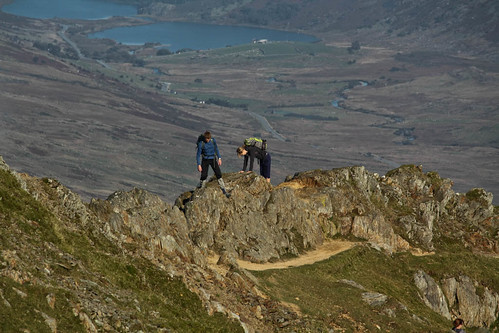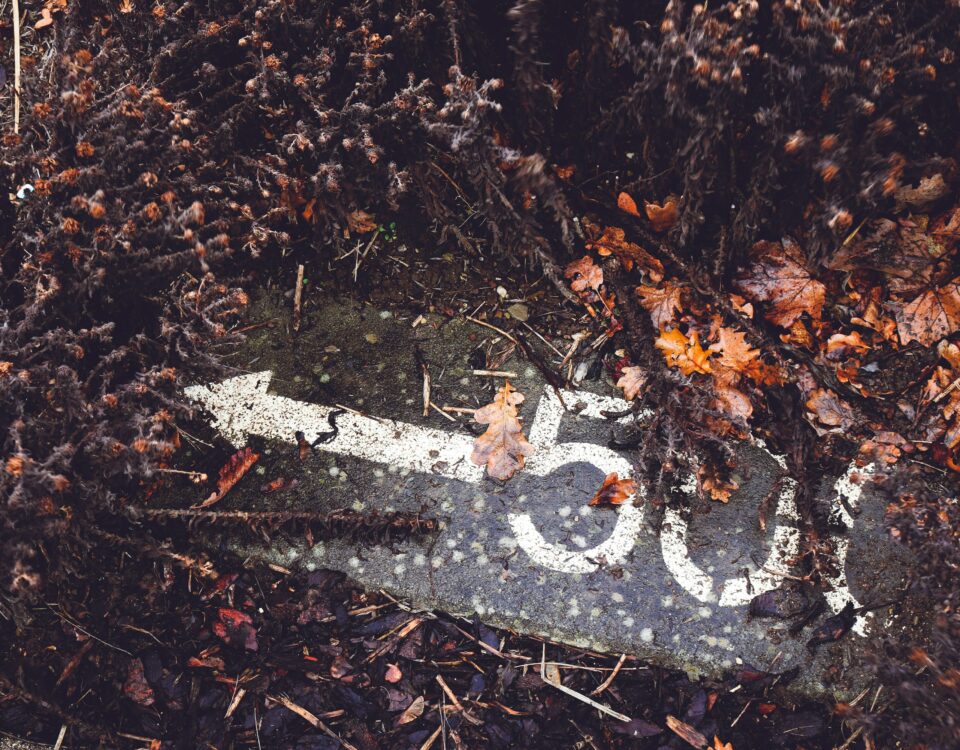How to be more interesting (and keep customers for longer) – Interview with Jessica Hagy
April 23, 2013Employee engagement is a commitment not a campaign – Interview with Stan Phelps
May 2, 2013Before I start, I warn you this is more of a thinking out loud piece rather than anything else.
Anyway, as i was browsing my store of articles and notes for future blog posts i came across a scanned article from my friend Paul Robertson of On-Up that he sent me a while ago.
The article was written by Steve McClure, a professional climber, for Climbing Magazine in late 2011. Reading the article there was a passage (below) that struck me as particularly interesting and applicable to the world of business.
“A basic theory of life, the universe and everything states that if an animal or human is tired, it needs to have a rest. Try anything continuously and you’ll have to stop and rest. Even nearly zero physical activity – like lying down in front of the TV – eventually becomes too much. If you try a little harder and you’ve actually broken some muscle down, it needs a rest to recover again. The intriguing principle behind this is that we only get stronger at a given exercise whilst not actually doing it.”
Resting is a hugely important part of performance improvement in sport.
Train. Rest. Train. Rest. Compete. Results. Review. Reflect. Repeat.
That seems to be the process of performance improvement in sport.
In business, the process can seem more like:
Compete (Train in downtime or on the job). Results. Review. Reflect. Repeat.
Not much rest in there, is there?
So, is there something that we can learn from this to help us improve our businesses?
Thinking about that kicked up a lot of additional questions for me including:
- Is the comparison of sport and business, with respect to performance improvement, a valid one?
- Does it fall down in this case because sport is an inherently inwardly focused activity and isn’t always competing whilst business is externally focused and always competing?
I think that it may be a poor comparison but I still wonder if we can apply the training and resting process better in our businesses to improve our performance.
My question(s) are as follows:
- In an ever accelerating business world where everything is always on could we include ‘rest’ somehow and improve our performance?
- Are we trying too hard sometimes? All of the time? Like the sportsman that trains all of the time and doesn’t incorporate ‘rest’ into their programme resulting in their actual performance going down.
So, why don’t we ‘rest’ in business?
Is it due to our impatience for results? And, the idea that we don’t give new initiatives enough time to settle in and start producing results that we can properly evaluate before we move onto something else?
Could patience be our ‘rest’? Can we go slower in order to go faster?
Could there be truth in the old saying: “More speed, less haste”, implying that if we try to do things too quickly, it will take us longer in the end?
What do you think?
Photo Credit: llamnudds via Compfight cc





12 Comments
Two thoughts (also thinking aloud)
Mind and body are linked
Go for a walk at lunchtime
Simples! 🙂
Rest is essential, without rest, your stress levels and stress hormones, cortical steroids affect you dramatically causing weight gain, anger and of course disease. Rest can come in the form of a different activity, maybe more physical than what you do, or just a simple pyjama day and sleep.
The body is interesting because it will keep going while you want it to, unless you are sick, which is an obvious side effect of overwork. If you have control of your body, you can give yourself the permission to slow down or stop. In giving your body permission to rest, that is rest in itself and your body will shut down allowing you to sleep. While sleeping you have to rest and refresh. Yoga teaches you all that is mentioned above. It is a powerful force, and teaches you to listen to your body and incorporate rest and relaxation into your daily routine. Without it I go on till I drop, literally.
This should be transferred to your business, you are your business. Not stopping to look back and reflect on what is going on, means you fall out of touch and miss essentials. So to keep your business healthy, add rest, relaxation and refection to your working week. Such as a day for stuff, not related to the running of your business, but to the who, the how and the what of your business. Do they all connect, because more often than not, they do not. So your business is not as healthy as you think and neither are you then.
Adrian you have given me the impetus to start my blog and a name for it. Rest, relaxation and reflection. Love you for that. This will be my first posting. Please read and tell me what you think?
Hi CJ,
What a fantastic insight and addition to the post. Thank you.
I’m also really really pleased that it helped you come up with a name for your blog. That’s brilliant and fits really well with your business.
Do let me know when your new post goes live and I’ll be happy to have a read and let you know my thoughts.
I look forward to hearing from you.
Best wishes,
Adrian
I think we’re afraid that, if we rest, someone else will get ahead (of us). And then we’ll lose… or die.
Annette 🙂
Hi Annette,
Perhaps, we then need to focus on overcoming our fear of resting and building up our belief and confidence in the work that we are doing.
What do you think?
Adrian
Good point. 🙂
Hello Adrian
Anglo Saxon countries are notorious for doing: activity. This, as I understand, it is a direct result of the Protestant (and Calvinist) faiths where work is the route to salvation. Where the project is to create God’s paradise here on Earth. The Protestant faith joined forces with Industrialisation and Capitalism: the more that the workers did the more goods were produced the better off the ‘capitalists’ were in terms of profits. Summing up: we are constantly doing because the assumption is that doing increases throughput and productivity and drives profits.
Rest can occur in many forms. A great rest from doing that ultimately contributes to better/smarter doing is reflection. Taking time out and setting time aside, ideally with our fellows, to consider-talk- discuss what we are doing, why we are doing it, how we are doing what we are doing, what the impact of our doing is…. Out of this type of reflection come the insights and motivation that enables better doing, smarter doing, more useful doing.
Why do we not take more rest? The existentialist in me says because if we did, really took rest from doing to think, then we would get present to the banality, pointlessness, unfulfillingess or or work, our relationships, our possessions, our lives.
Maz
Hi Maz,
That’s an interesting point and I think there may be some/a lot of truth in it.
Still, don’t you think we need to start taking steps to ‘get over ourselves and the current state of our lives/businesses’ and do something different if we are to innovate and improve on our condition? Perhaps, ‘resting’ might be a good place to start. What do you think?
Adrian
Hello James
The short answer is YES. And if we are to ‘rest’ then we have to deliberately create this practice. It will not happen just by accident.
Maz
Hi Adrian,
Interesting and valid post and discussion.
I know many people that would react to this: “we do rest in business, namely outside of working hours”.
Definitely an argument from the (Dutch) Protestant/Calvinist ethic;)
Thanks for sharing.
Maurijn
Hi Maurijn,
Thanks for your comment. Perhaps, we need to break out of our (Dutch) Protestant/Calvinist work ethic and try different things. There may be a benefit in there. What do you think?
Adrian